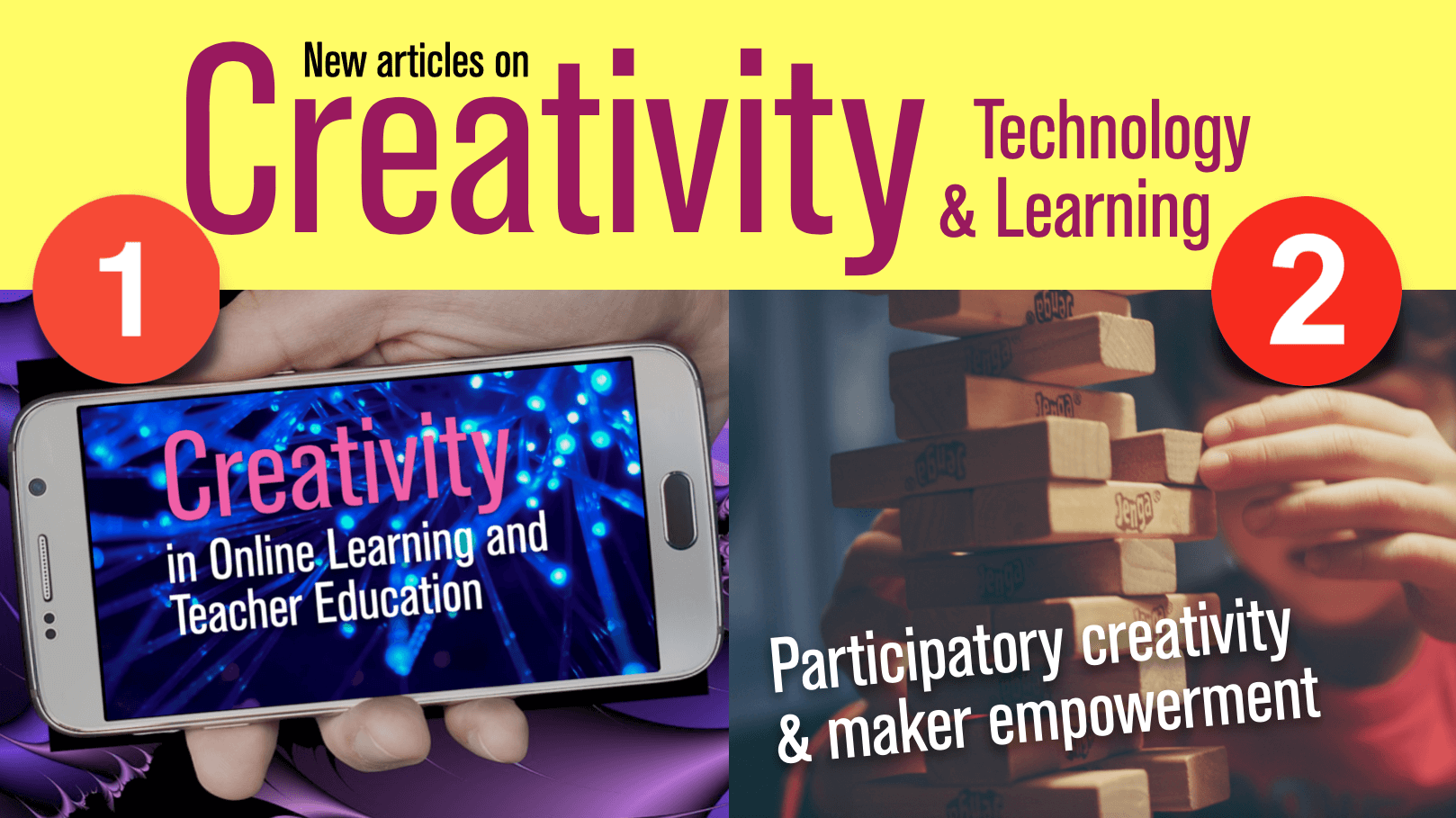I recently (through the magic of Twitter) found out about an initiative New Literacies Teacher Leader Institute 2010. This institute was organized by the Massachusetts Department of Elementary & Secondary Education, the New Literacies Research Lab at the University of Connecticut, and the New Literacies Collabortive at the Friday Institute, (part of NC State University’s College of Education). They recently conducted a week long institute in Cambridge, MA from June 20 – 25 for approximately “130 teachers, and 10 Teacher Leaders, from across Massachusetts … to learn from leaders in the field of new literacies and engage in project-based inquiry to create curriculum units based on the MA Curriculum Frameworks.”
As a part of this was a GotTPACK 2010 session organized by Julie Coiro. Of most interest to me, and possibly to others following this blog, is the section titled “Applying TPACK Principles to Learning Projects” where participants are asked to review a selected list of projects. These projects range across content areas (from mathematics to science, from literature to history/language arts) and across grade levels (elementary to high school). Finally, the participants are asked to “work in their groups to apply TPACK guidelines” to answer the following questions:
How well does each represent a project designed by teachers who understand the dynamics of TPACK? How might you improve or adapt these projects to better reflect the TPACK principles?
It seems to me that this is a great way of thinking and learning about TPACK. By grounding it in specific examples the somewhat abstract ideas of the intersecting knowledge bases of TPACK can be specifically connected to actual projects and implementations. Moreover the open-ended task of asking participants to improve or adapt these projects prevents them from seeing these projects in some ways as being perfect or as an examples of best practice. (My concern with the whole idea of “best practice”, as opposed to Pretty Good Practice, can be found here).
This project seems to me to complement the work being done by Charles Graham and his colleagues over at Brigham Young which I had written about earlier (see here).


As a full time speaker at schools, I’m always trying to learn about programs teachers and faculty are using to bolster the education system in the US. Going to check out Tpack to see more of what it’s all about. Thanks!